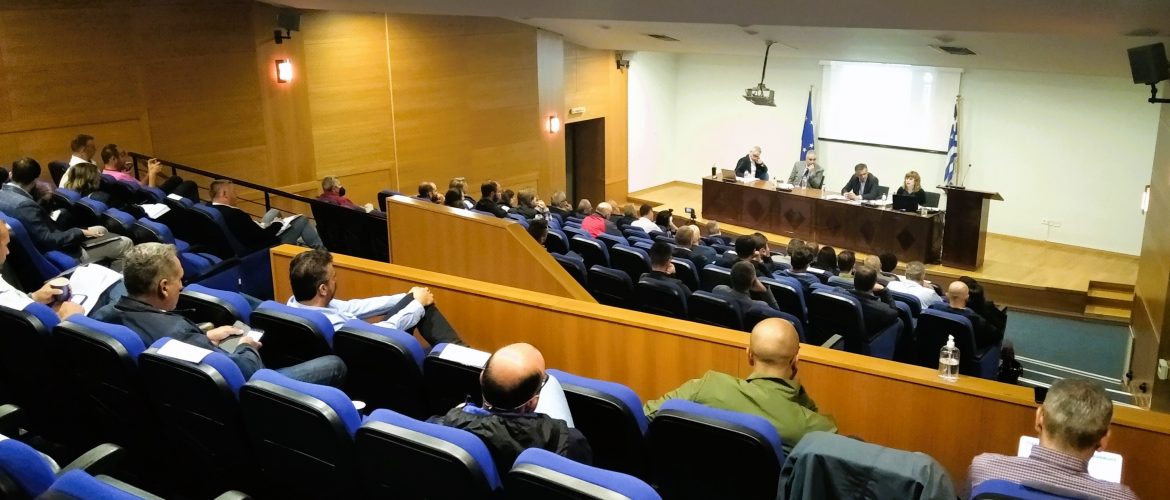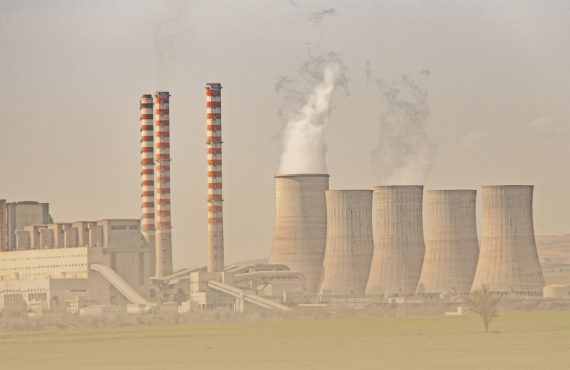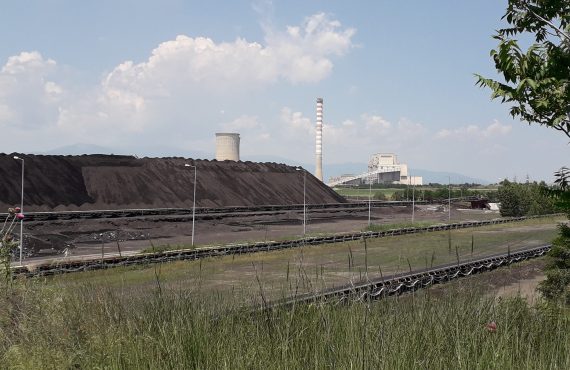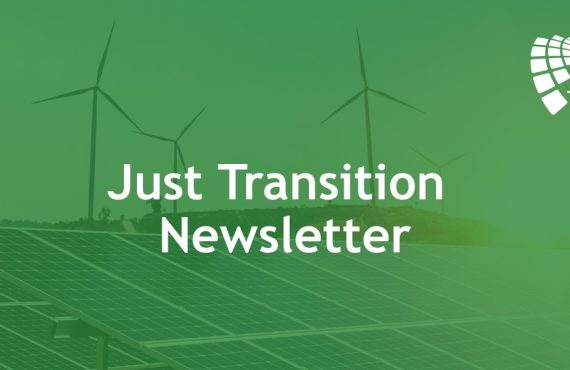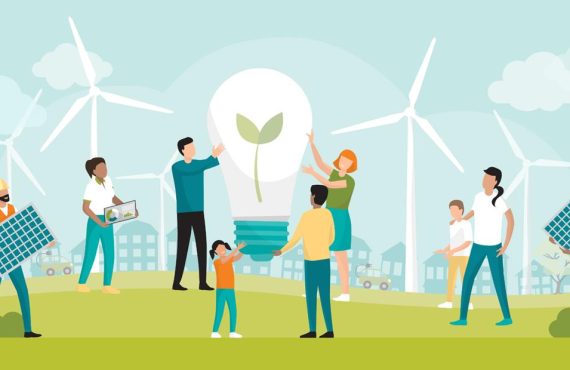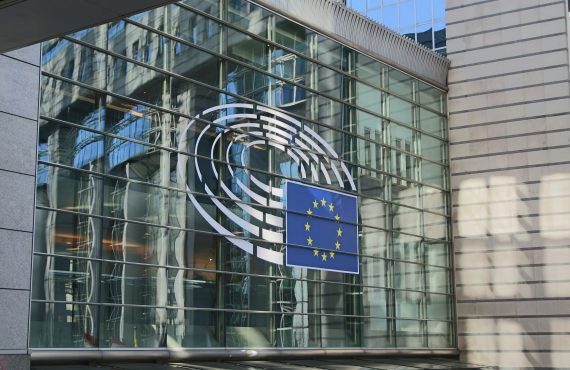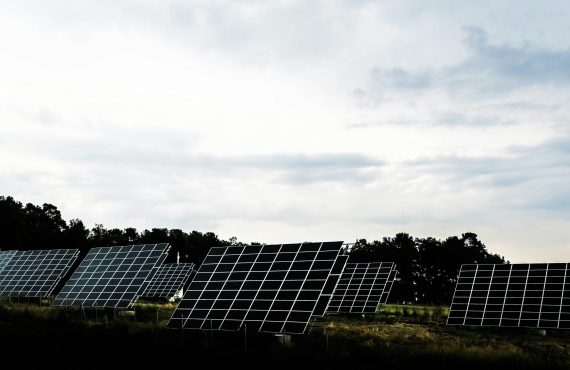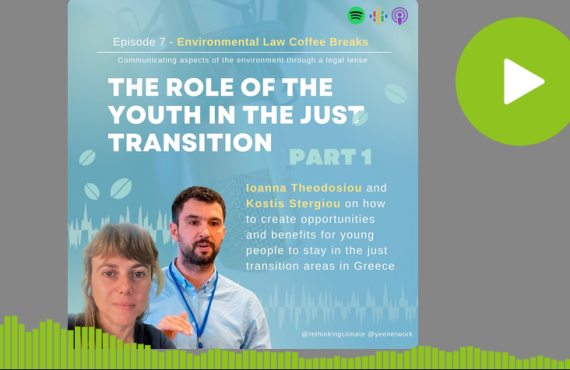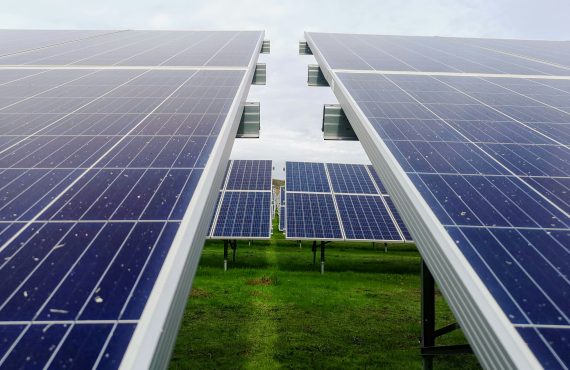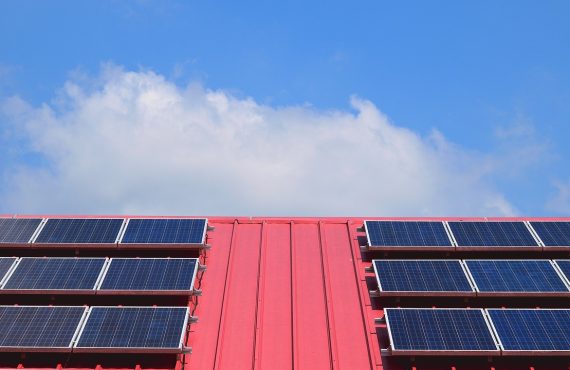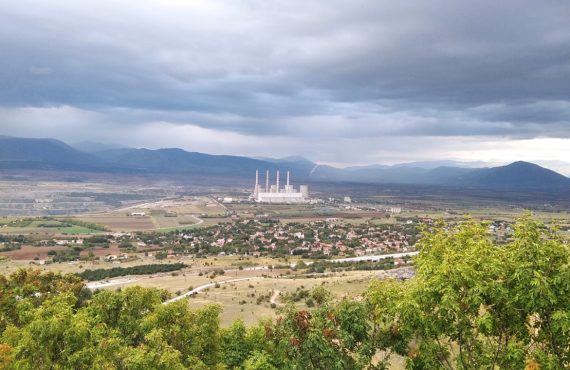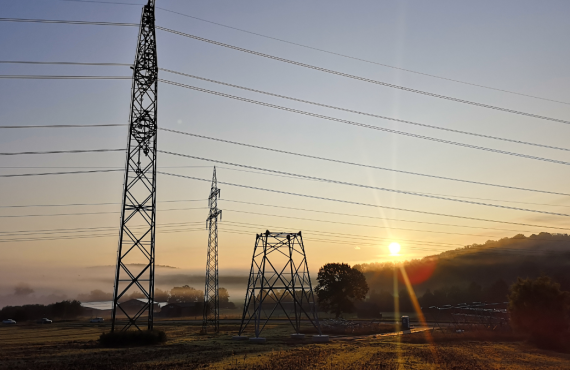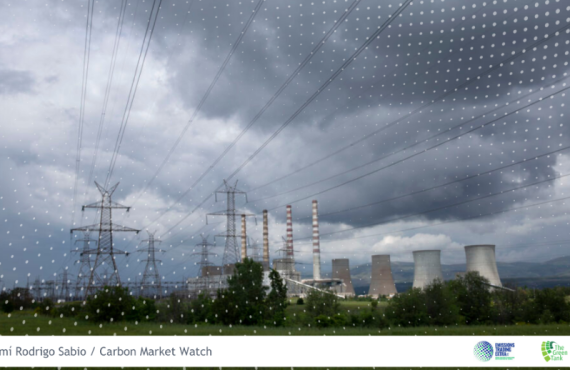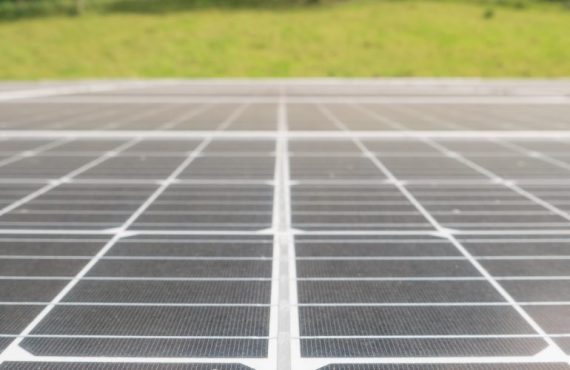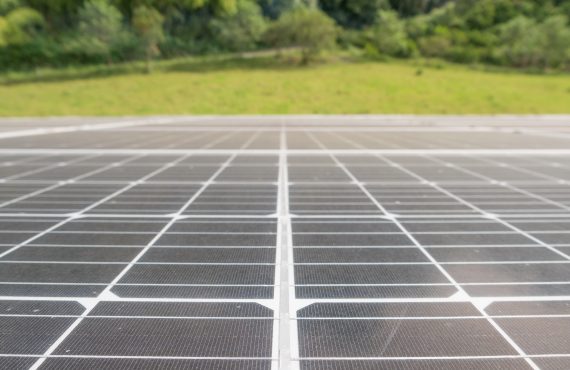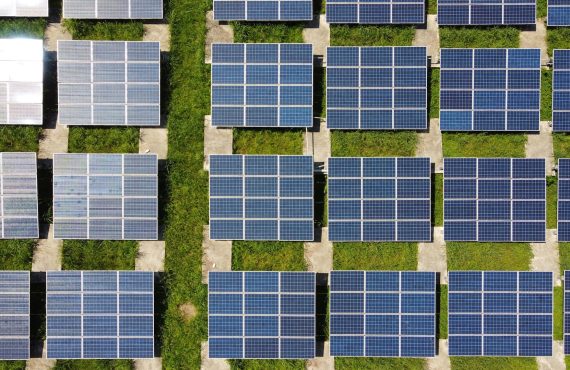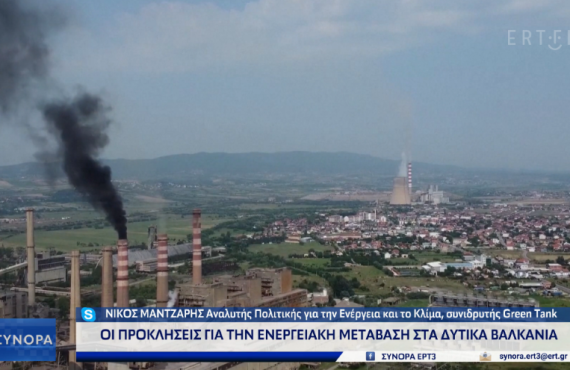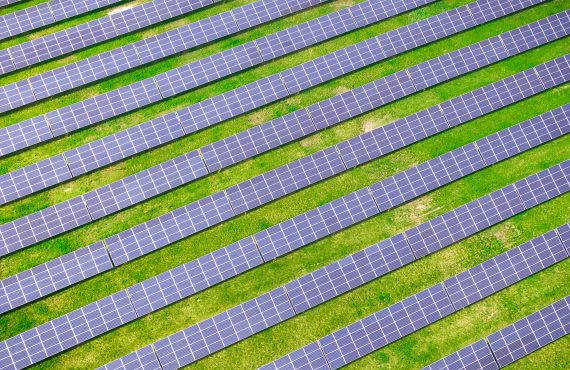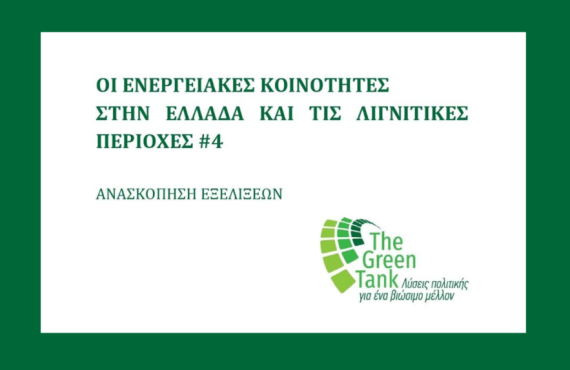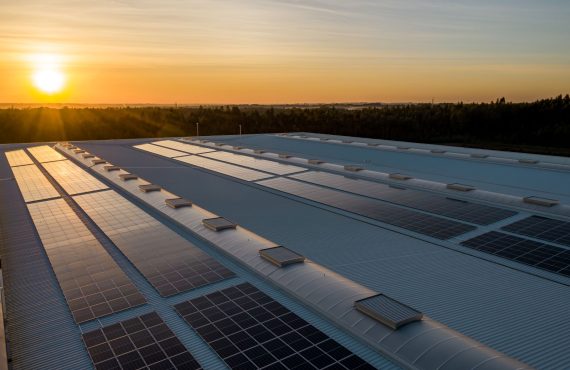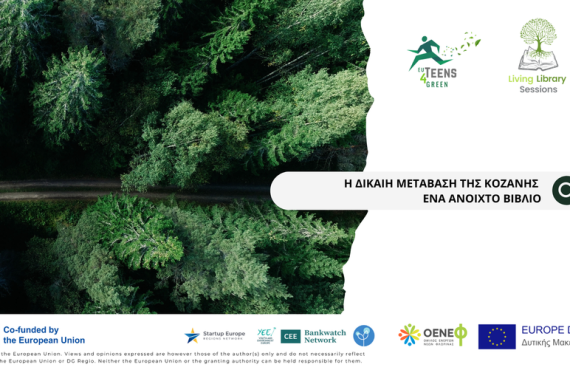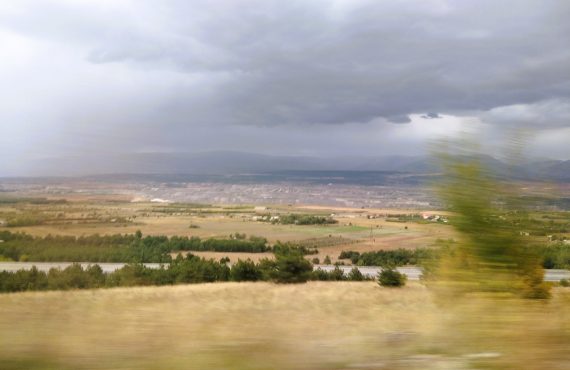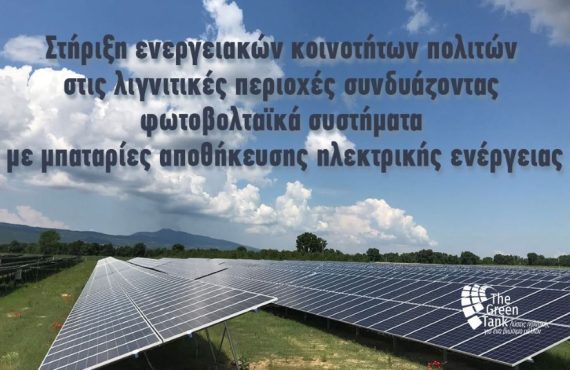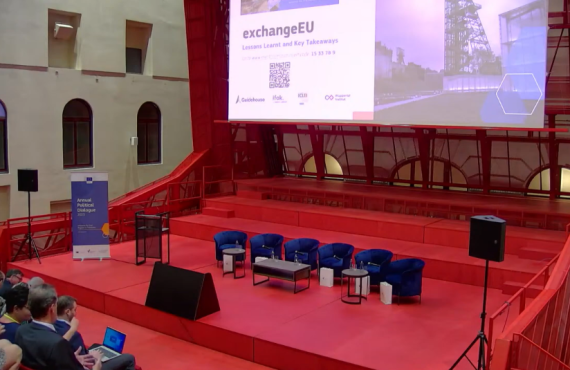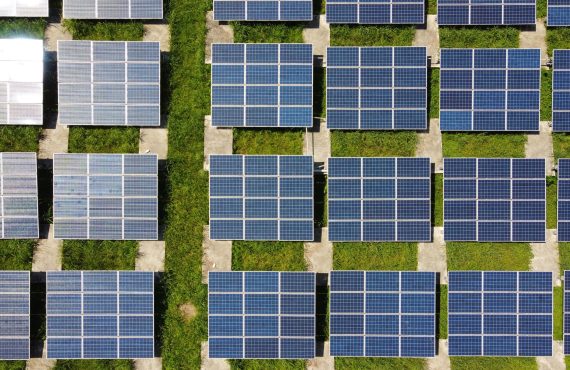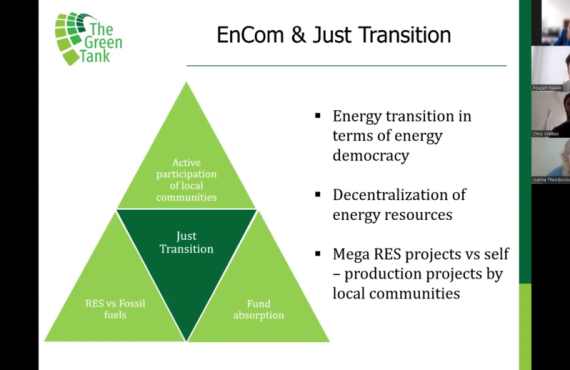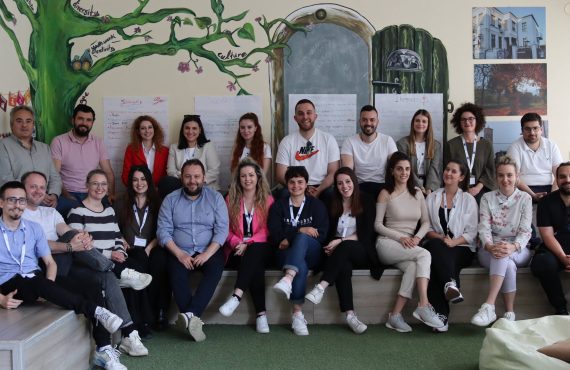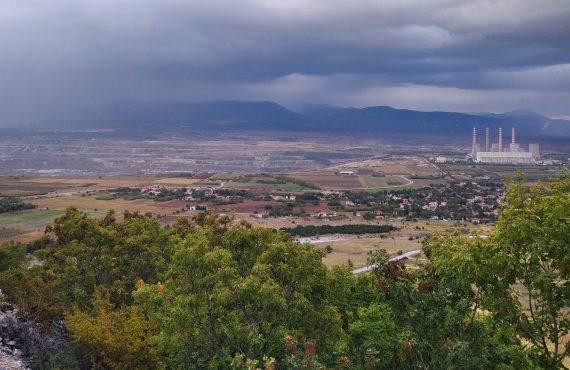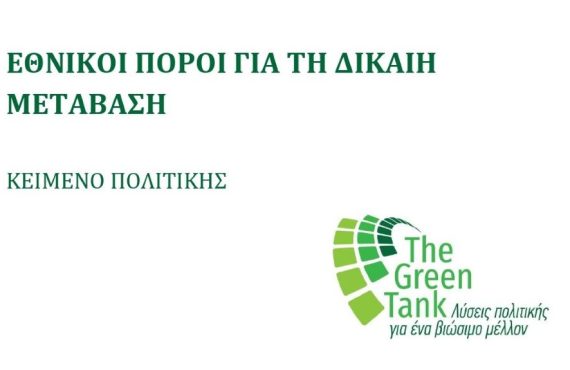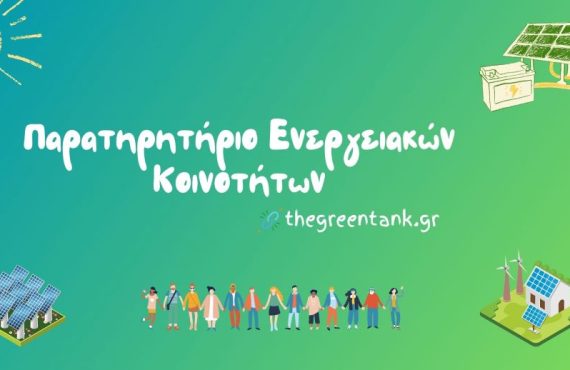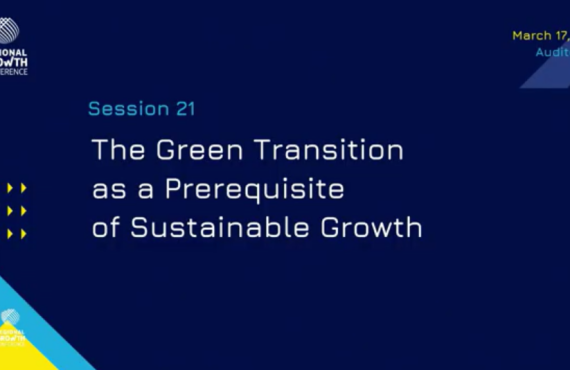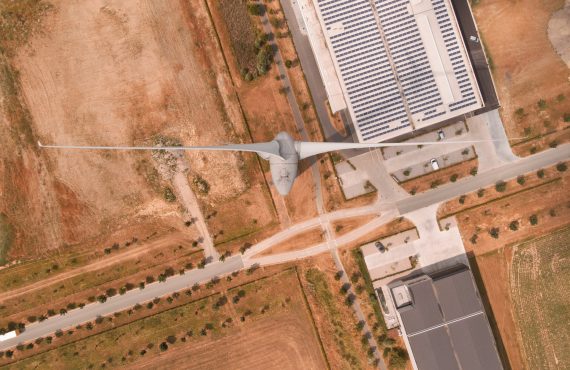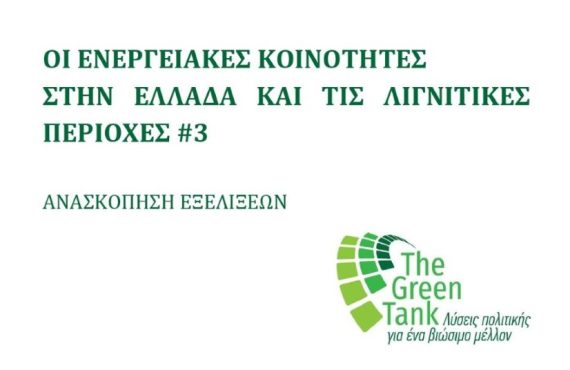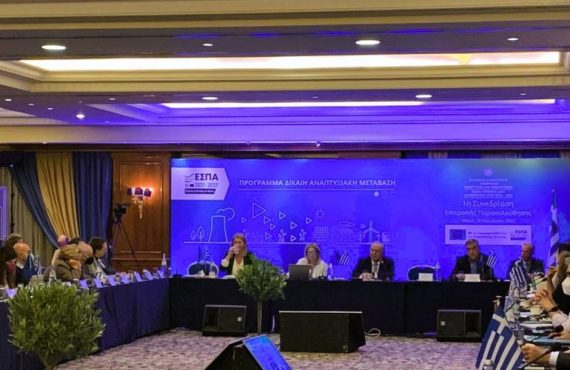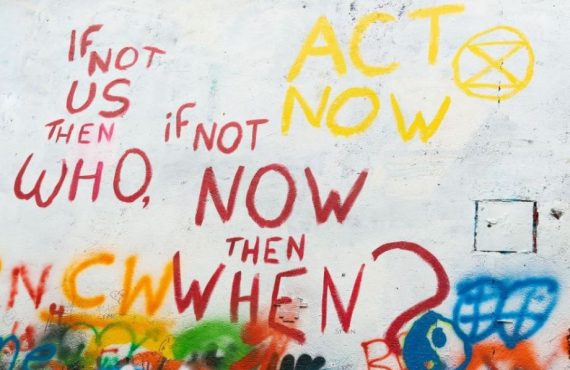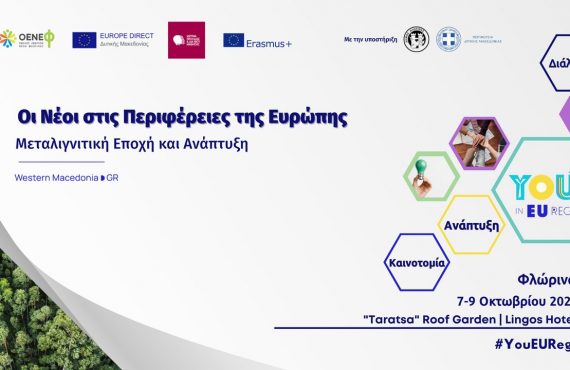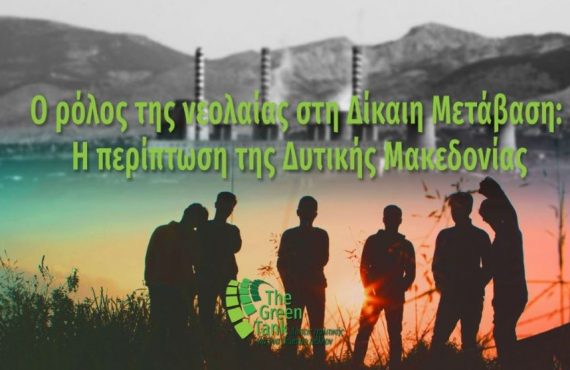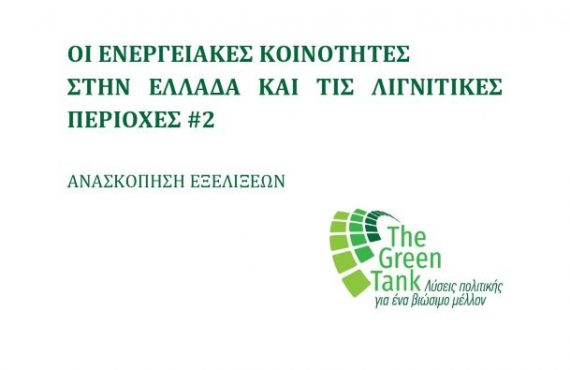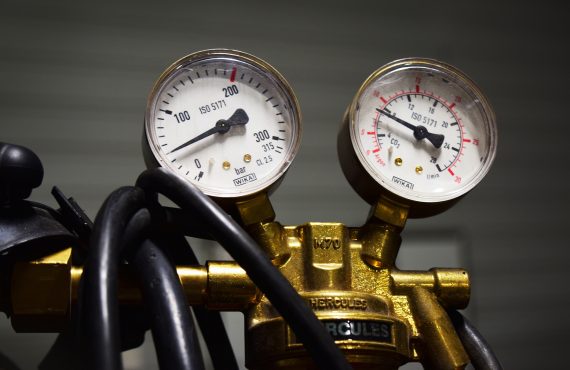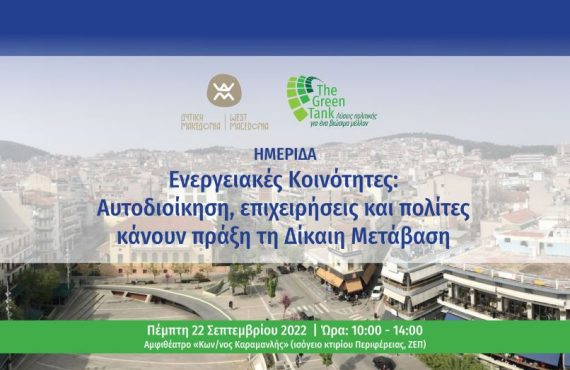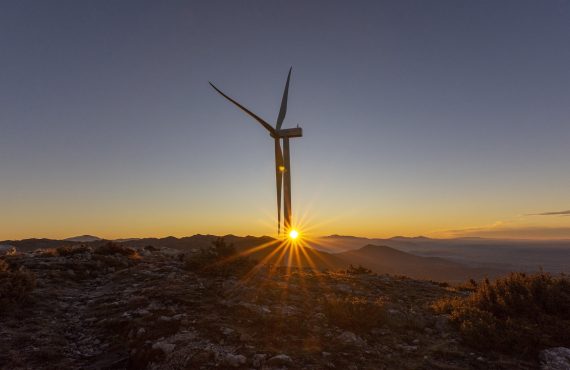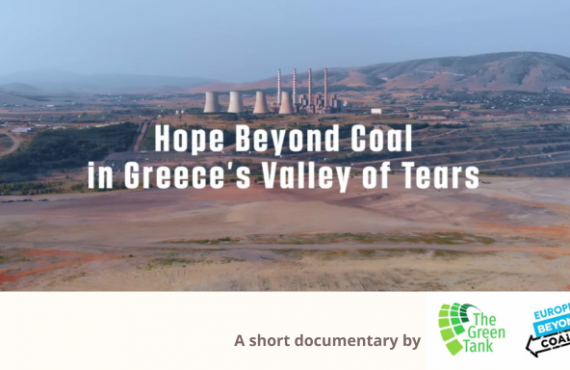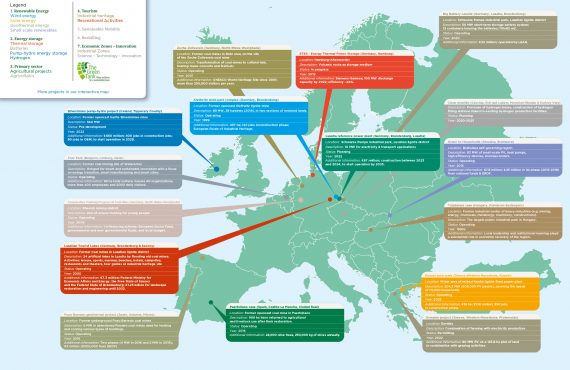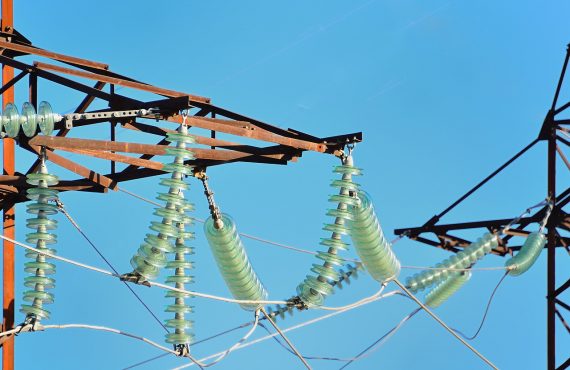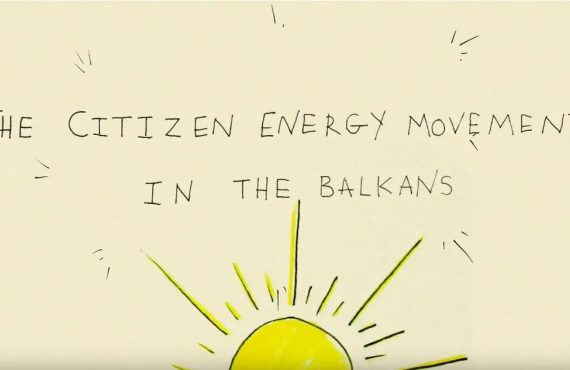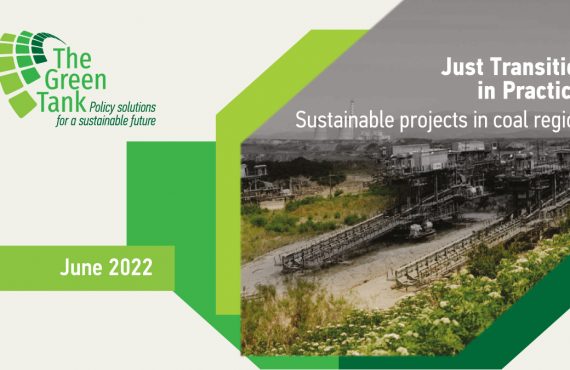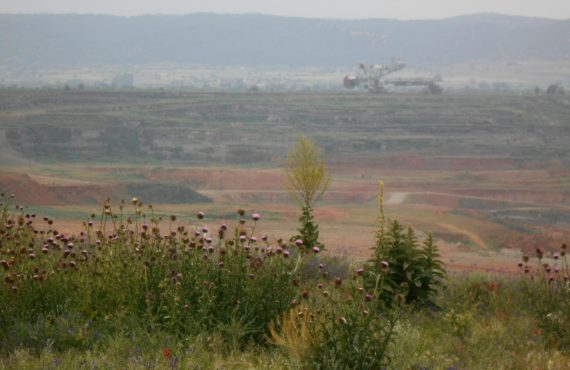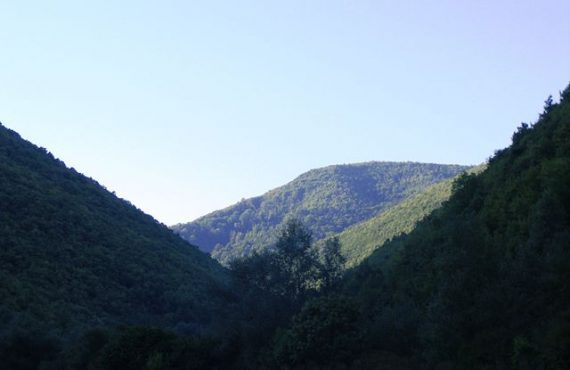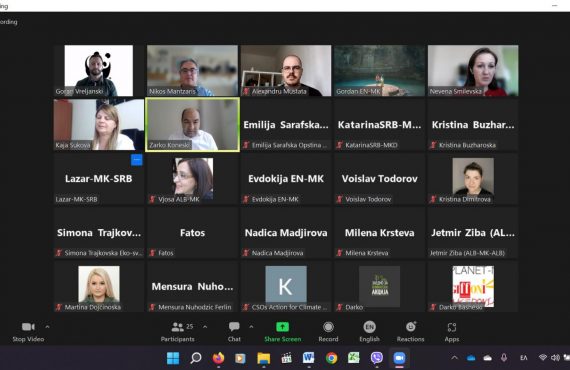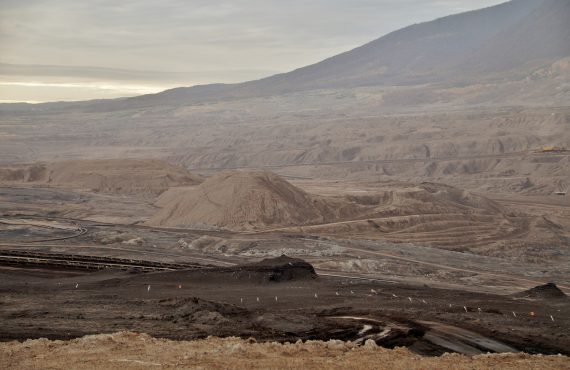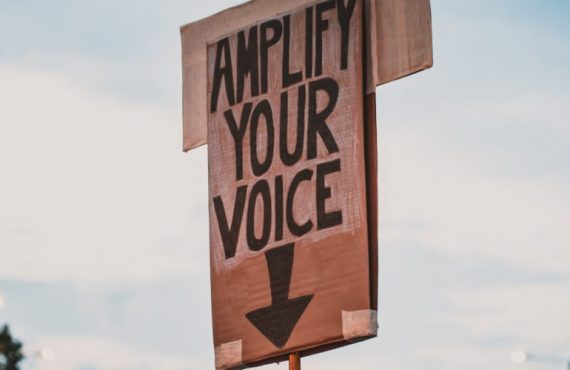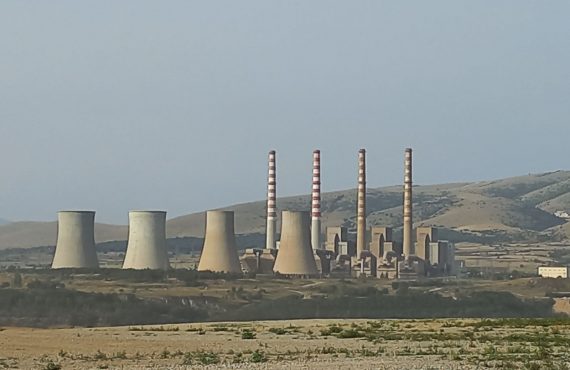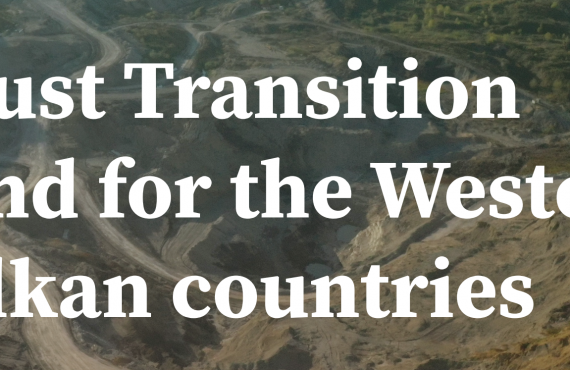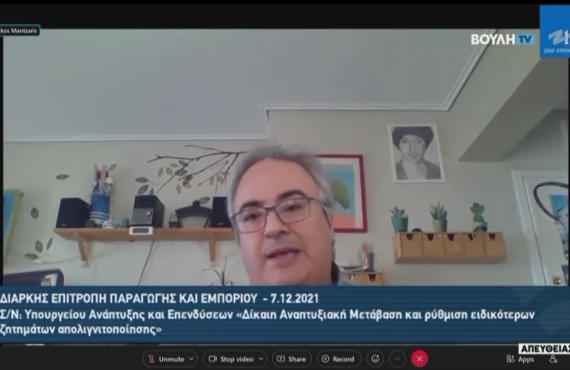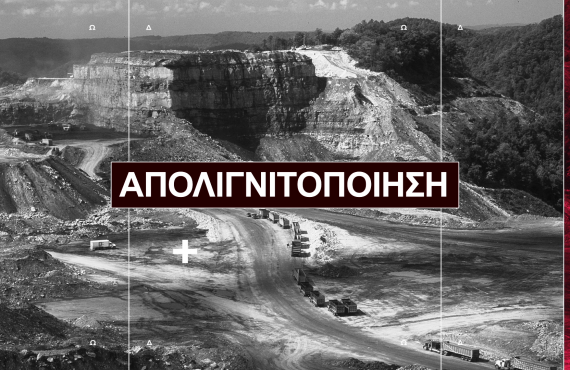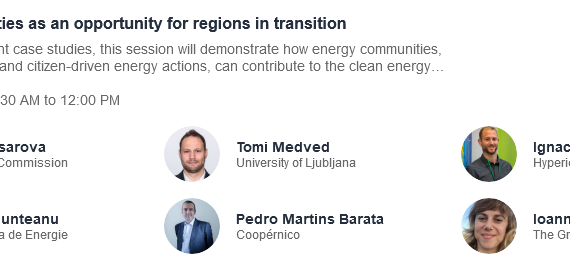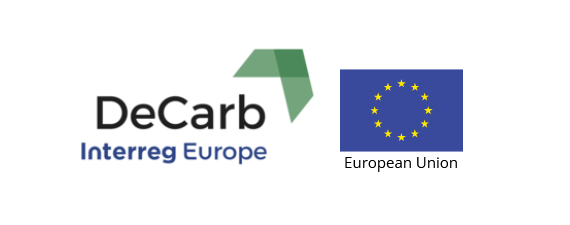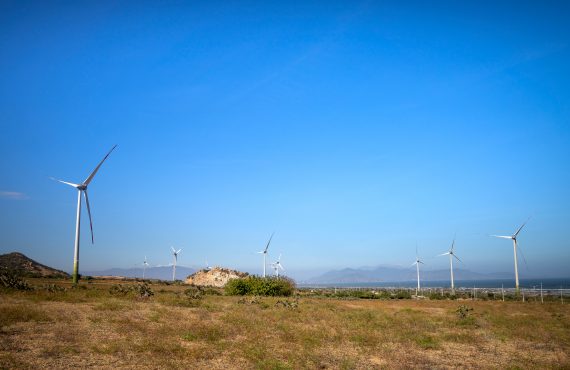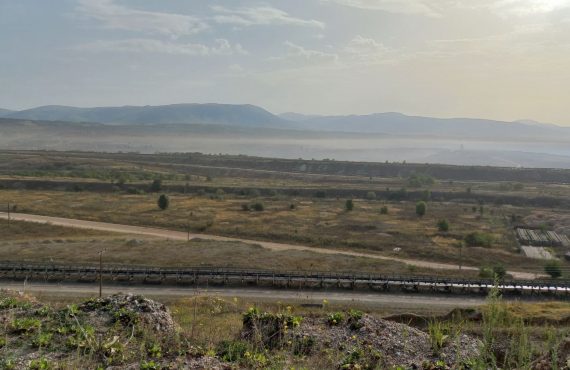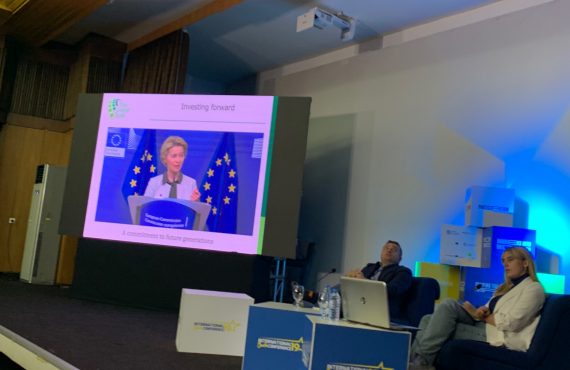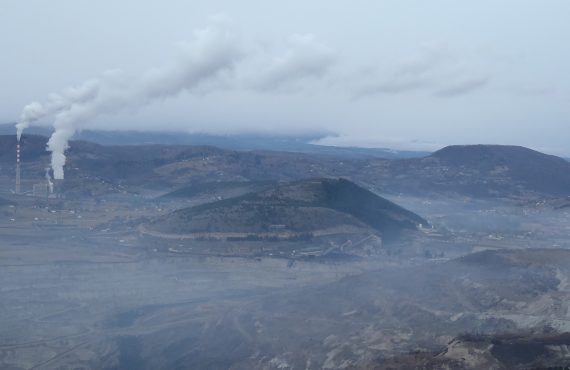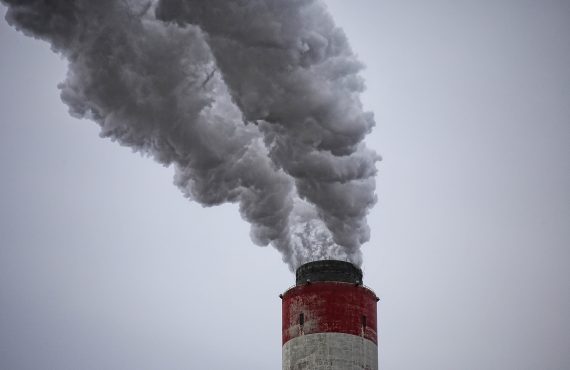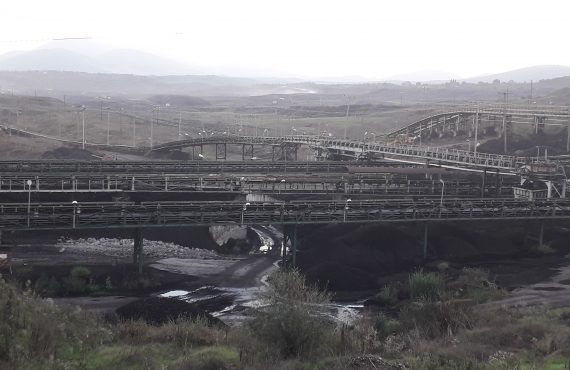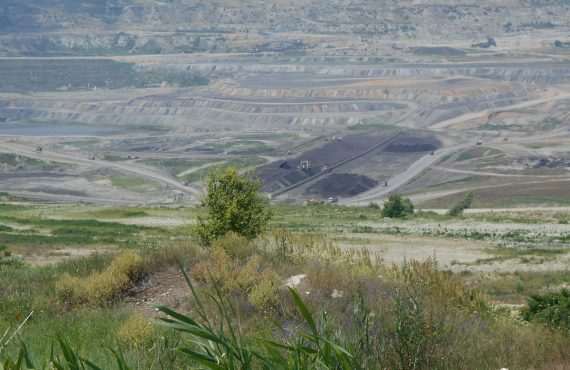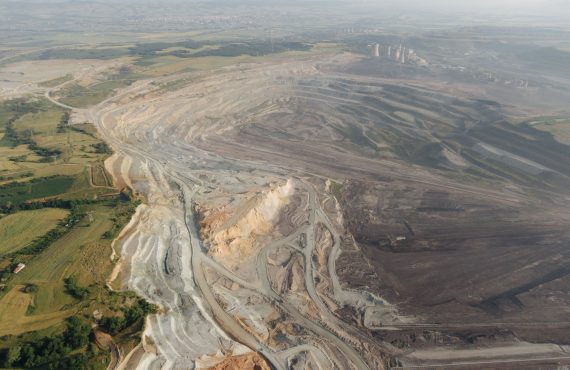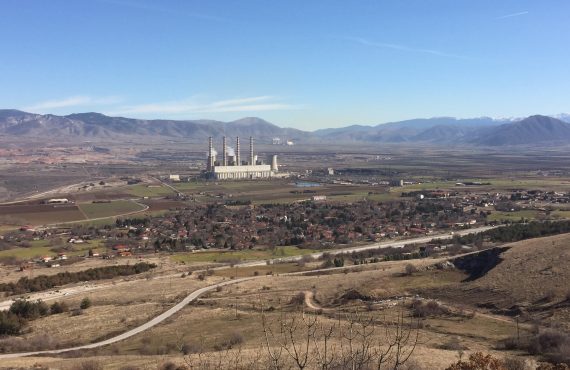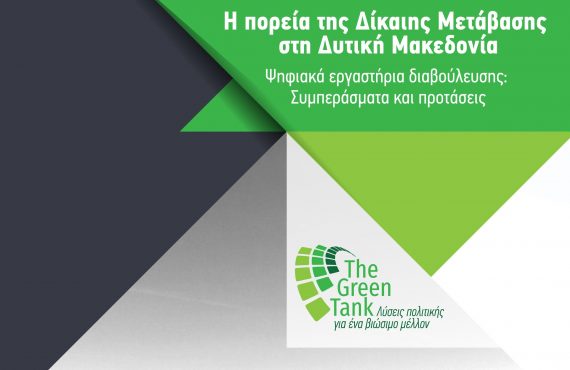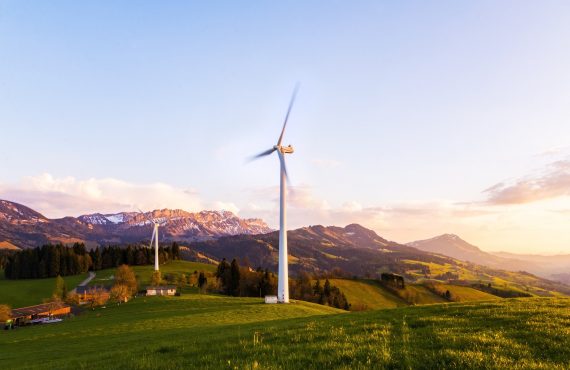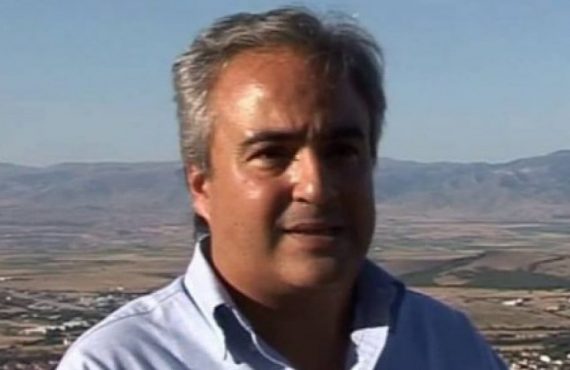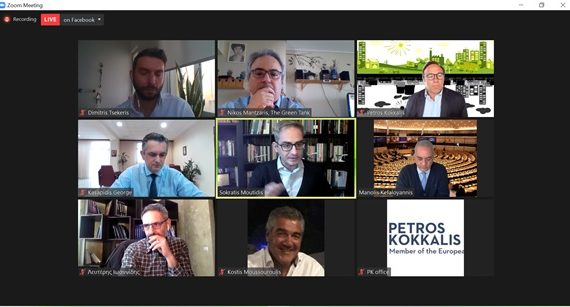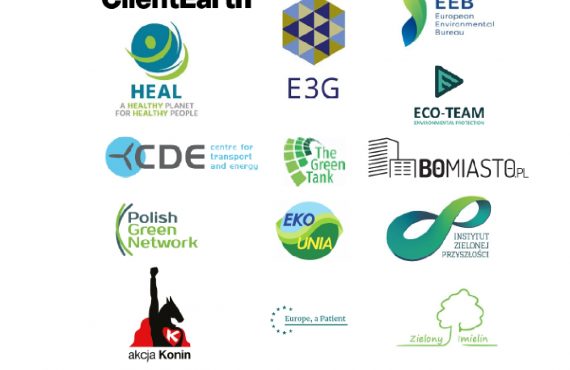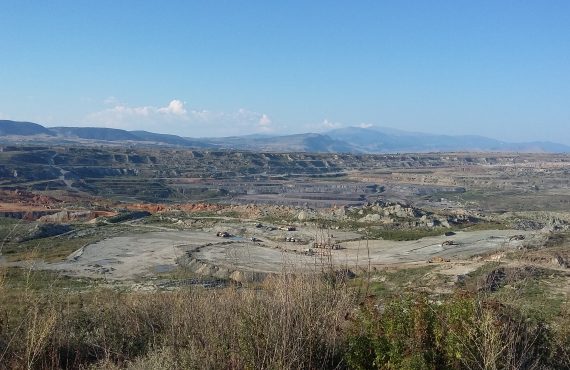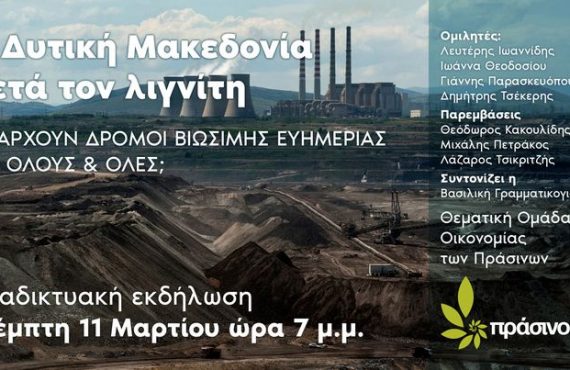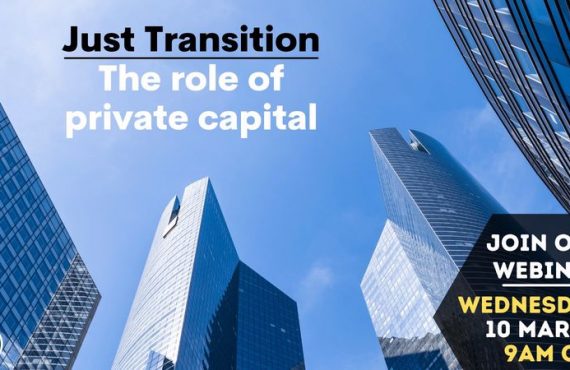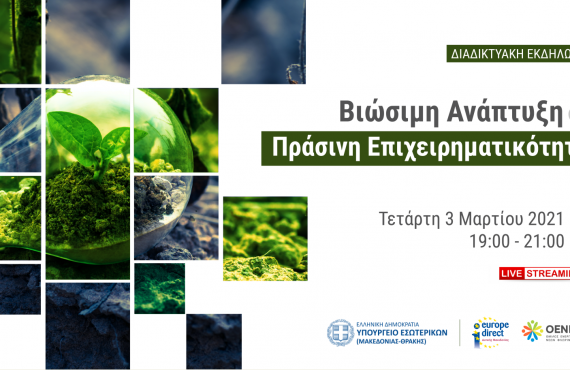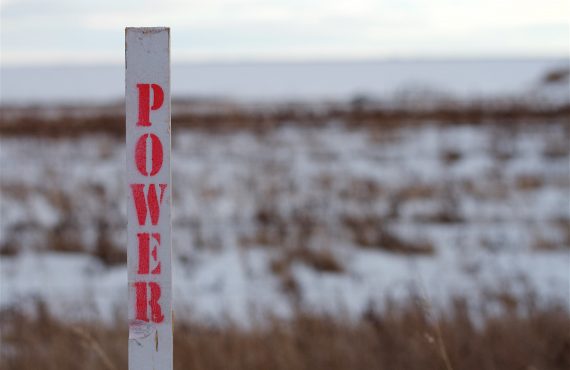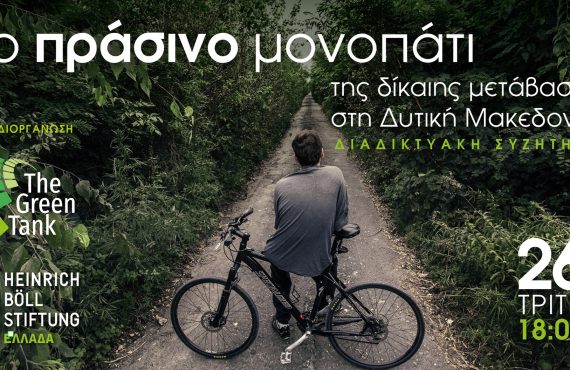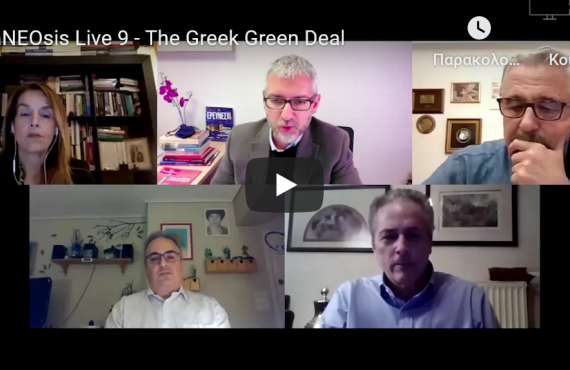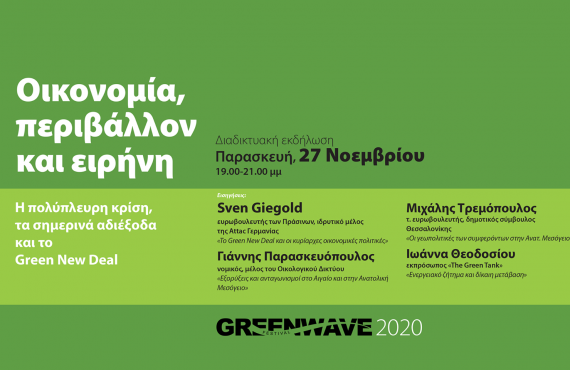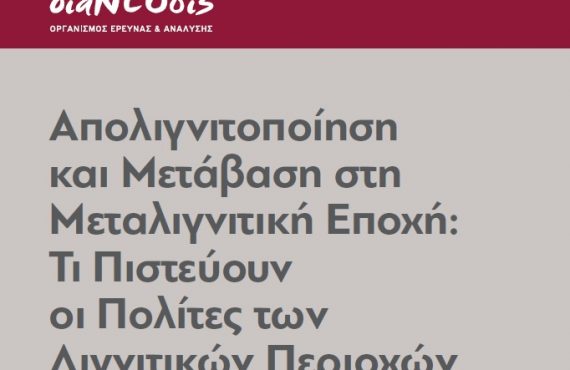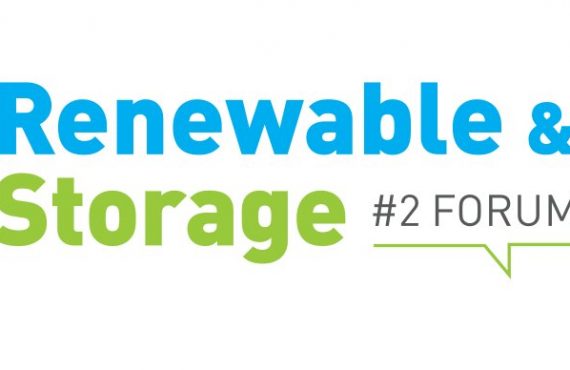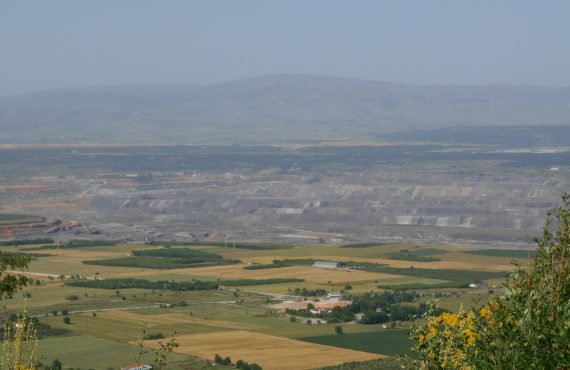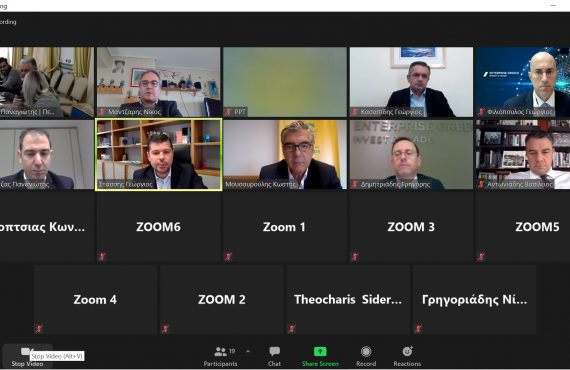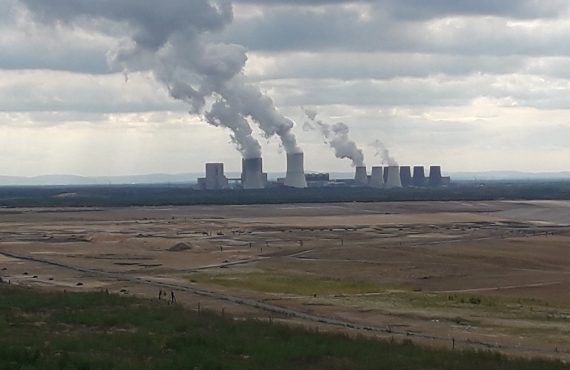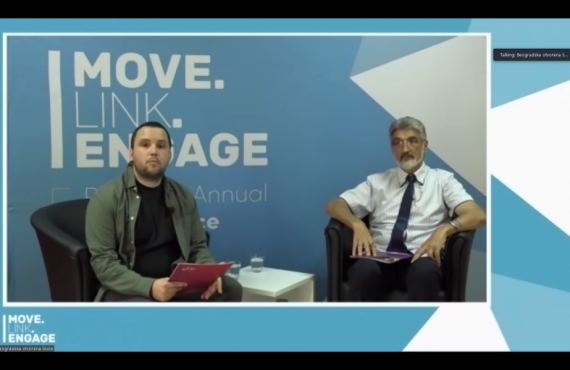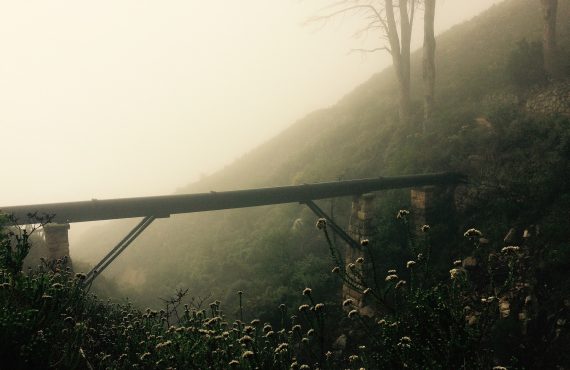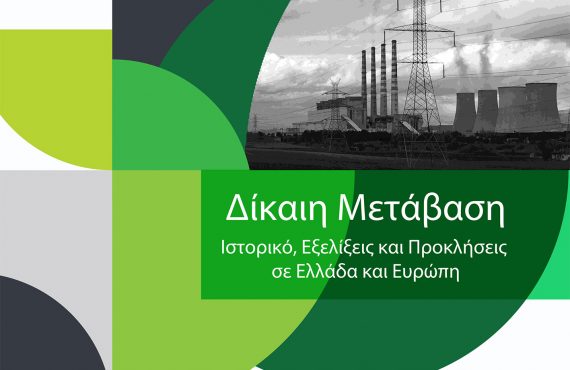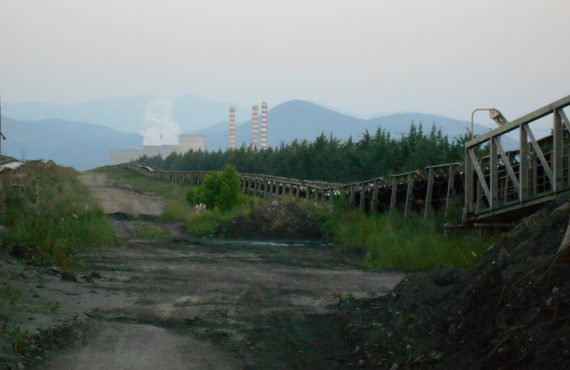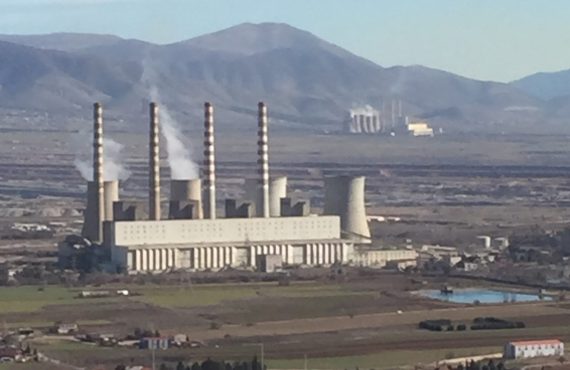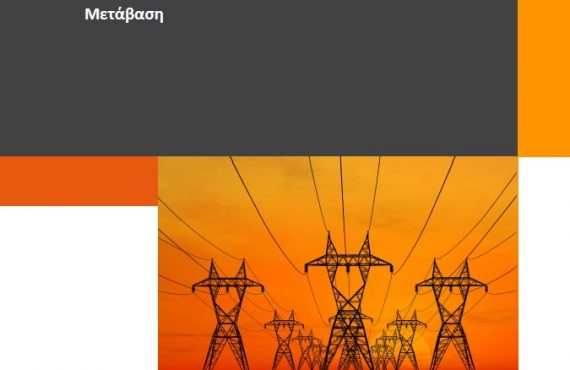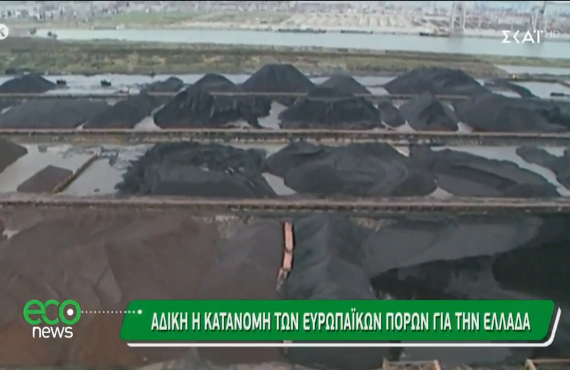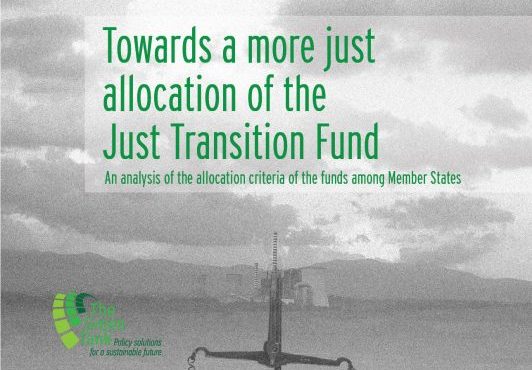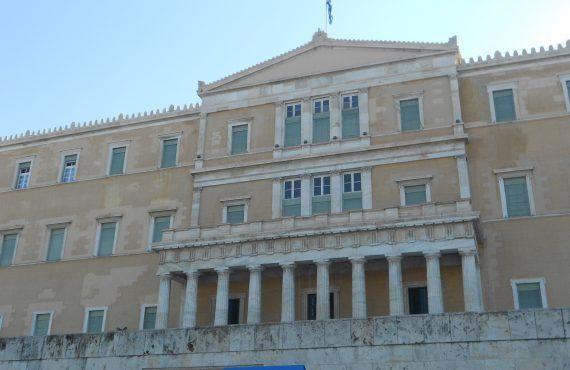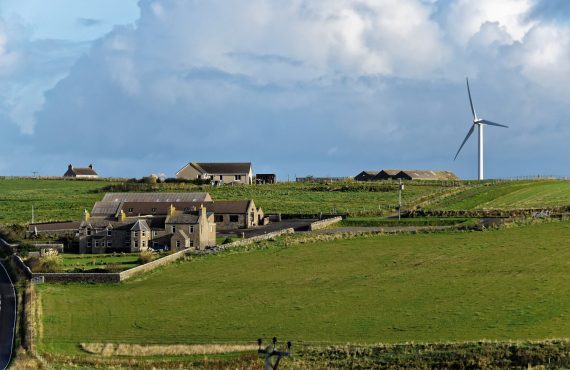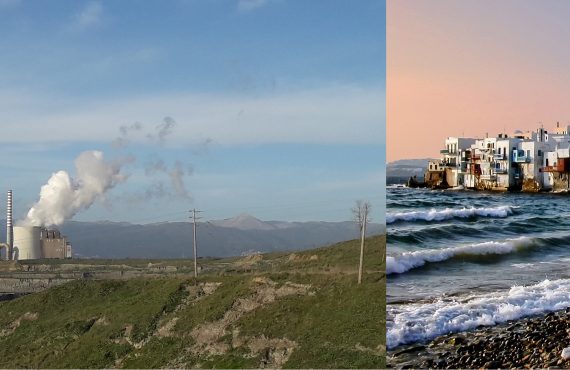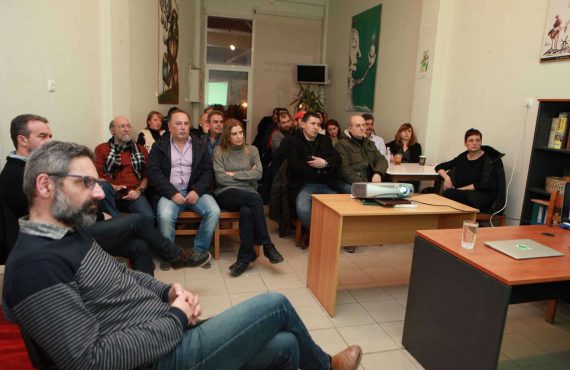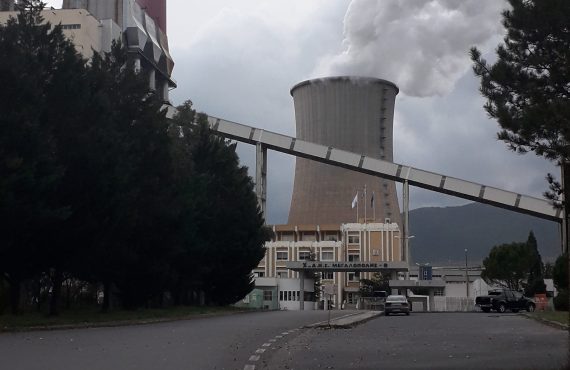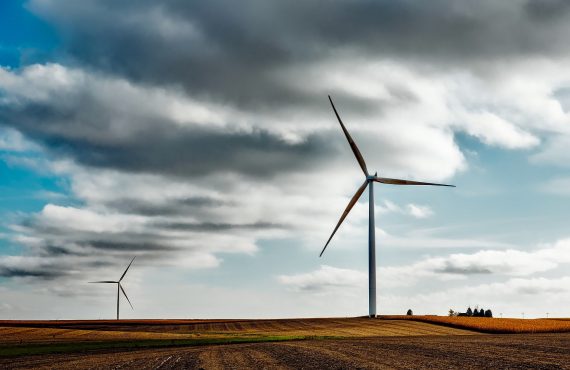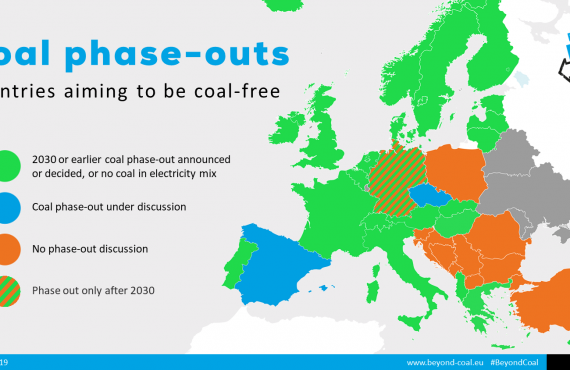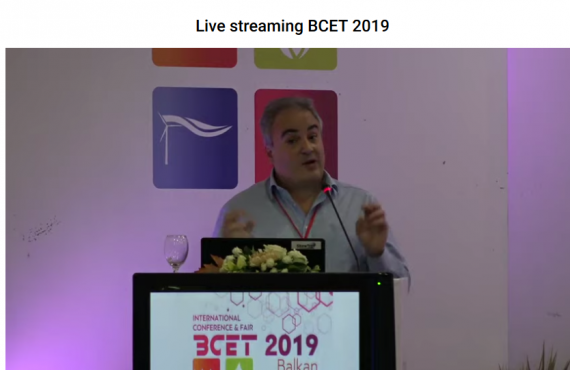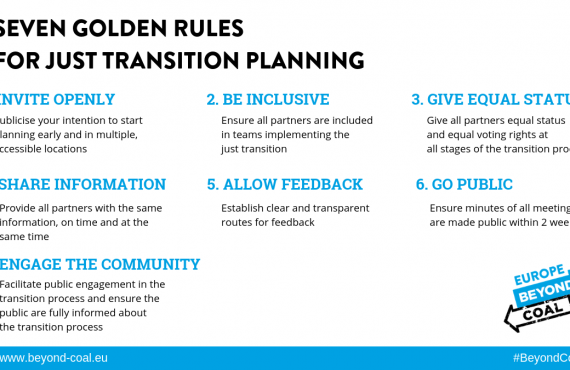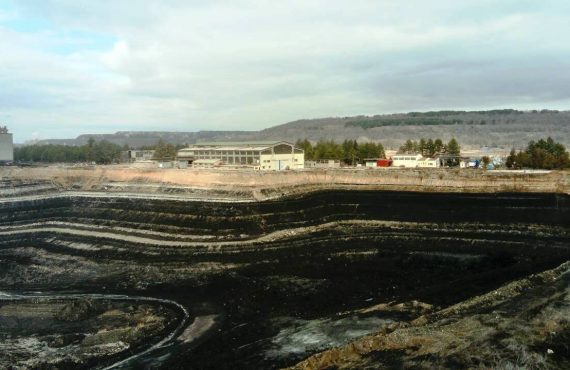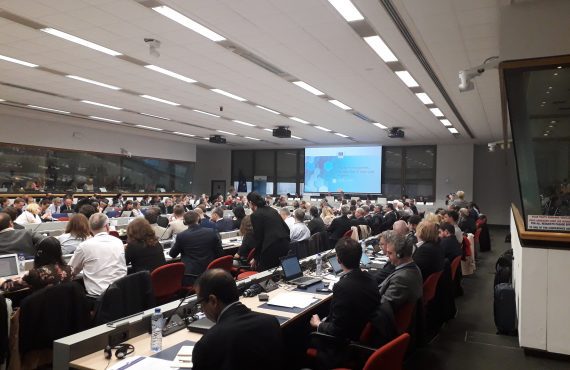In the city of Kozani, in Western Macedonia, the heart of Greece’s energy transition, local authorities, entrepreneurs, members of energy communities and citizens discussed the development of energy communities and their role in addressing the energy crisis. The workshop “Energy Communities: Local authorities, enterprises and citizens make Just Transition reality” was co-organised by the environmental think tank The Green Tank and the Region of Western Macedonia.
The focus of the discussion was on the institutional framework and the available national and European resources for energy communities, while problems requiring immediate solutions were brought to the fore. Panelists and participants recognized energy communities as an instrument to enhance the just and sustainable transition of local communities. At the same time, virtual net metering was commonly considered as a “weapon” against energy poverty ahead of an uncertain winter.
During the discussion with the workshop participantsurgent issues that energy communities are currently facing such as grid availability and delays in the use of existing resources were raised. Among the proposals put forward what was mostly highlighted was the need for coordination among stakeholders, the commitment to ensure enough grid space as part of the revised NECP, as well as the acceleration of the channelling of resources for the development of non-profit energy communities. The creation of a communication platform to inform, coordinate and solve problems of all stakeholders was also proposed.
Among the workshop’s panelists:
Giorgos Kasapidis, Regional Governor of Western Macedonia, presented the actions of the Region for the development of Energy Communities in cooperation with Municipalities, local enterprises and citizens, as well as the vision for making Western Macedonia the greenest Region in Greece.
Nikos Mantzaris, Senior Policy Analyst and co-founder of The Green Tank, highlighted the special opportunities for the lignite regions due to the availability of additional resources from the Just Transition Development Programme and from the revenues of greenhouse gas emission allowances auctioning. He stressed that the share of resources to be allocated to non-profit energy communities should be increased, as energy communities and virtual net metering are currently the most powerful tool to address the energy crisis.
Ioanna Theodosiou, Policy Associate at The Green Tank, presented the current situation of energy communities based on the data by the General Business Registry (GEMI) and HEDNO, highlighting the increased interest in energy communities and virtual net metering projects in Western Macedonia. She provided a review of the available European and national resources, stressing the problems that hinder the further development of energy communities and made proposals to address them. For example, she mentioned the need to subsidise the cost of installation of self-production projects by energy communities, the creation of a development fund for such projects, and the need to include quantitative and ambitious targets for energy communities in the revised NECP.
Olga Karvela, representing the Special Service for Just Development Transition, presented the existing opportunities for funding projects by energy communities that use virtual net metering through the European resources of the Just Development Transition Programme, and upgrading the grid in order to meet the increased interest of the citizens in creating energy communities. She also mentioned that the relevant calls and the specification of the Programme are expected in the coming period.
Eleni Chouli, representative of the Green Fund, stressed that the target of the Green Fund is the immediate absorption of funds on an annual basis and that issues delaying the procedures relate to grid availability, state aid, synergy with the Special Service for Just Development Transition, and the formulation of criteria for the selection of beneficiaries and specific projects.
Antonis Chatzidiamantis, Local and Regional Development Advisor, argued that today is the time to move from theory to practice and for this reason administrative and institutional issues that are primarily the responsibility of the government must be resolved. For their part, local stakeholders must cooperate and submit proposals that are functional and implementable.
Grigoris Tsioumaris, Vice Governor of Just Development Transition, claimed that the proposal submitted to the LIFE programme for the creation of an energy community in the Region of Western Macedonia can serve as a model for other regions of the country.
Lefteris Ioannidis, representing the Energy Communities Network OFELOS, suggested that it is necessary to create an ecosystem involving institutions and citizens for coordinated decision-making and synergies to promote virtual net metering projects by energy communities. Only in this way will households be protected from the risk of energy poverty both this winter and in the longer term.
The discussion was moderated by journalist Sokratis Moutidis.
The workshop was held at the Amphitheatre “Konstantinos Karamanlis”, at the main building of the Region of Western Macedonia, on September, 22 2022, at 10:00-14:00, and it was live streamed. The content is available at the workshop’s page on social media.
Local media Flash TV Western Macedonia and Top Channel Kozani reported both on the aim and the conclusions of the workshop.



